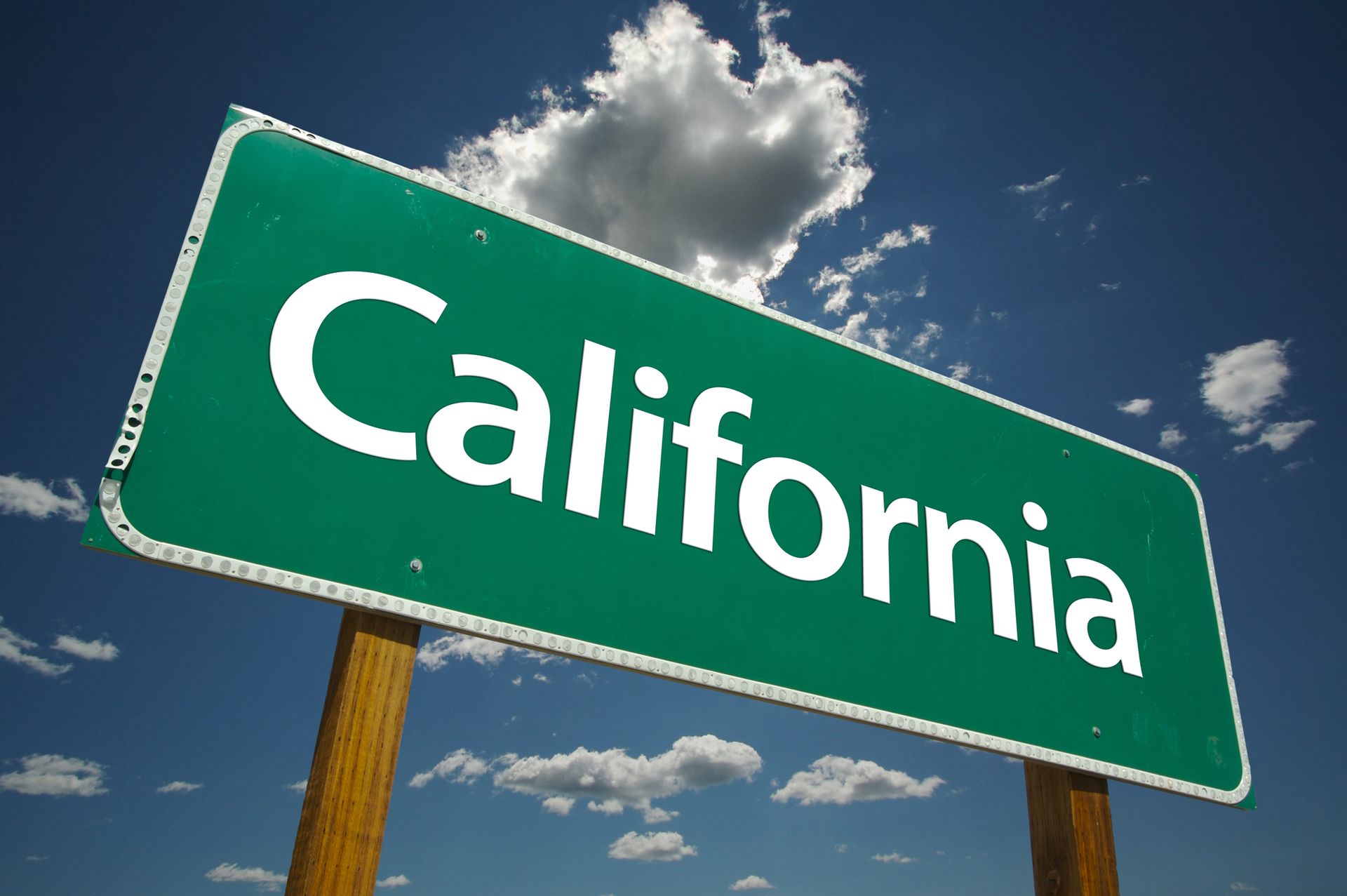Breaking News: California Abandons Advanced Clean Fleets Rule
The California Air Resources Board has withdrawn its request for the waiver it would need from the U.S. Environmental Protection Agency for its controversial Advanced Clean Fleets (ACF) regulation, since it’s unlikely to get approval from the incoming Trump administration.

“The withdrawal is an important step given the uncertainty presented by the incoming administration that previously attacked California’s programs to protect public health and the climate and has said will continue to oppose those programs," said CARB Chair Liane Randolph in a statement.
For the first time, ACF required fleets to buy zero-emissions trucks. In the past, emissions regulations targeted the manufacturers.
The ACF would have mandated that truck buyers increasingly purchase zero-emissions trucks, on a phased-in schedule based on fleet size and annual revenues.
It would have ended the sale of new fossil-fuel trucks in 2036 and required large trucking companies to convert their medium- and heavy-duty fleets to zero-emission battery-electric or hydrogen fuel cell models by 2042.
Advanced Clean Fleets Rule Has Faced a Legal Battle
For drayage operators, the ACF mandated that even one-truck owner-operators comply, noted the Western States Trucking Association (WSTA), one of the trucking groups that had fought the regulation in court — including banning all new non-zero-emissions vehicles from serving California ports and railyards if they had not been previously registered to do so with CARB.
WSTA and other industry groups had sued California over the rules, which had been pending at EPA for more than a year. California must have EPA permission to enforce stricter-than-federal emissions rules under the Clean Air Act through a waiver system.
CARB had previously delayed enforcement of the ACF regulations that were scheduled to kick in last year on drayage and "high-priority fleets" until the EPA could grant a waiver.
Jane Nishida Acting Administrator of the EPA, said, “We have placed a copy of your letter, as well as this response, into the Air Docket at regulations.gov regarding CARB’s request. As a result, the EPA is taking no further action on the HD ACF waiver request (89 FR 57151 (July 12, 2024)) and considers this matter closed.”
In regulatory documents as part of the ACF rulemaking CARB stated they needed the waiver from U.S. EPA to enforce the regulation against drayage truck operators, federal and privately owned fleets.
Advanced Clean Trucks and Other Factors Still Will Mean Push for ZEVs
This move doesn't mean California is backing off on its efforts to push trucking toward zero-emissions vehicles.
The separate California Advanced Clean Trucks (ACT) regulation, which sets limits on truck manufacturers can sell in the state, does have a waiver from the U.S. EPA, granted in 2023.
Dealers operating in California and in states that have adopted California's ACT rules have reported that they have a delicate balancing act of being able to get customers the trucks they need because there are a certain number of zero-emission trucks that must be sold.
In fact, Daimler Truck North America last month announced it would stop selling diesel trucks in Oregon, a decision it reversed earlier this week.
In addition, CARB said that it is "assessing its option to continue its progress as part of its commitment to move forward the important work of improving the state’s air quality and reducing harmful pollutants that contribute to poor health outcomes and worsen climate change.
"The waivers and authorizations recently approved, along with other existing programs, will advance essential emissions reductions in key sectors as we assess next steps."
As Matt Schrap, CEO of the Harbor Trucking Association, said in a LinkedIn post, "This isn’t the end, but the beginning of a new pathway."
Keep in mind that California ports had been restricting older, higher-emissions trucks well before the state's Advanced Clean Trucks rule, with the Port of Long Beach and the Port of Los Angeles Clean Trucks Program that was fully implemented in 2012.
And let's not forget that CARB and truck and engine makers entered into a Clean Truck Partnership in 2023 committing to meet California’s standards.
WSTA: 'Not the Time' to Push Zero-Emissions Truck Mandate
The WSTA was the first trucking association to file litigation in state court challenging the ACF. Other groups, such as the California Trucking Association, also filed lawsuits challenging the rules.
“We are pleased at this development at a time California is facing crisis that clearly illustrates the importance of heavy-duty vehicles — especially ultra-clean diesel-powered trucks in helping protect our communities and ultimately to begin the massive recovery efforts,” said the association in a statement.
“This was not the time to try and push through a rule designed to transform the industry to meet the desires of a small segment of the population, especially considering many of the burn areas have been without electricity for a least a week and do not have charging facilities to handle all the trucks.”
Content Disclaimer: Due to the constantly changing nature of government regulations, it is impossible to guarantee the total and absolute accuracy of the material contained herein or presented. NorthAmerican Transportation Association (NTA) cannot and does not assume any responsibility for omissions, errors, misprinting or ambiguity contained. NTA shall not be held liable in any degree for any loss, damage or injury caused by any such omission, error, misprinting or ambiguity present. It is made available with the understanding that NTA is not engaged in rendering legal, accounting or other professional service. If legal advice or other expert service is required, the services of such a professional should be sought.











